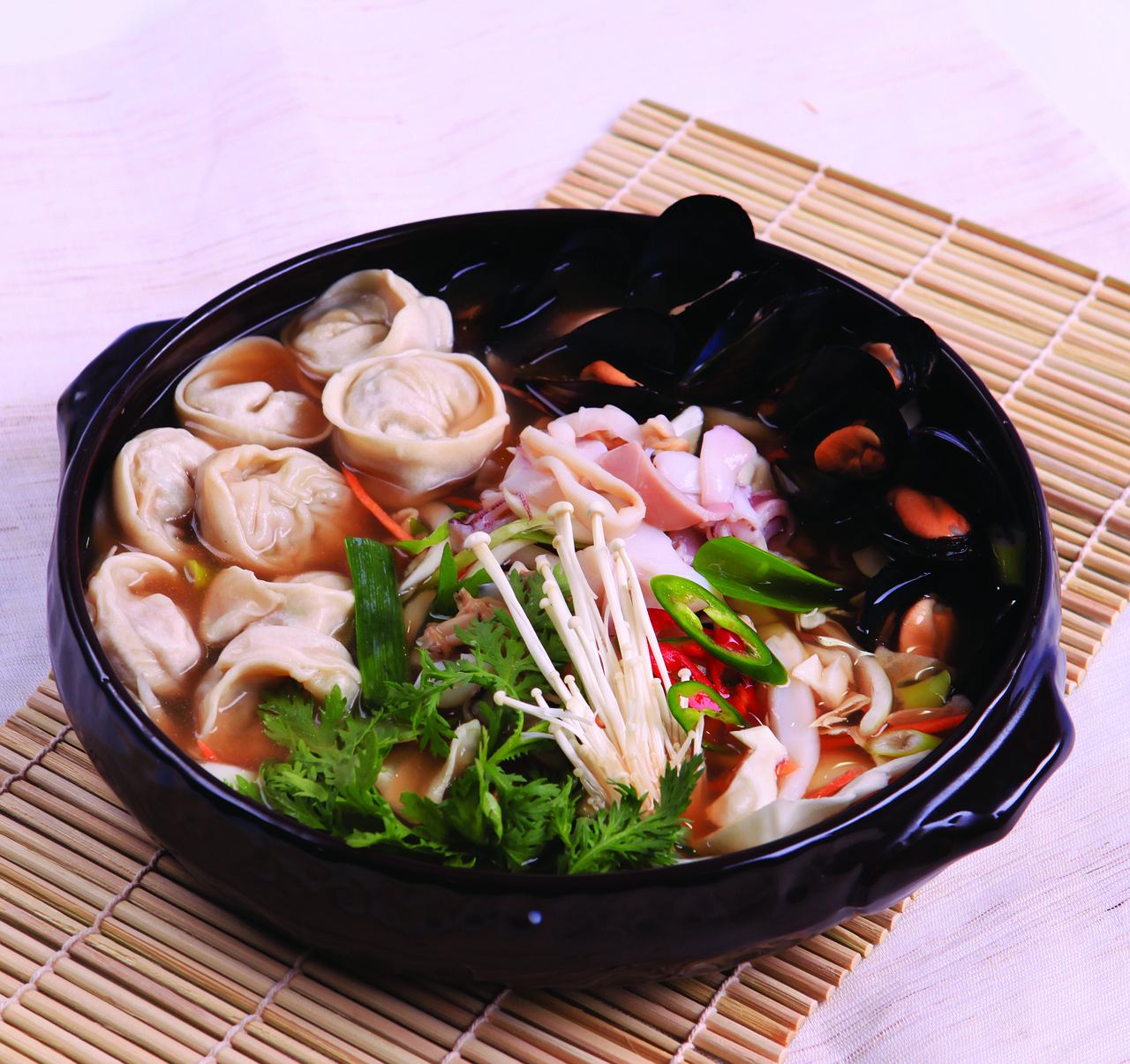South Korea Video
Hiring Local Services: Tips for Nomads in South Korea
South Korea is a vibrant country with a rich cultural heritage and a fast-growing economy. As a nomad, navigating local services in a foreign country can be challenging. This article aims to provide you with helpful tips on hiring local services in South Korea, ensuring a smooth experience during your stay. From transportation to accommodation and everything in between, we’ve got you covered.
Transportation Services:
- Taxis: Taxis are a convenient mode of transportation in South Korea. Look for taxis with a “Taxi” sign on top, and make sure they have a meter. It’s advisable to carry the address of your destination in Korean to avoid any language barriers.
- Rideshare Apps: Popular rideshare apps like KakaoTaxi and Tada offer a convenient and affordable way to get around. Download the app, register, and enjoy the ease of booking a ride with just a few taps on your phone.
- Public Transportation: South Korea has an extensive public transportation network, including buses and trains. T-Money cards are a convenient way to pay for fares. They can be purchased at convenience stores and recharged as needed.
Accommodation:
- Hotels: South Korea offers a wide range of hotels catering to different budgets and preferences. Look for hotels that are centrally located and have positive reviews. Booking platforms like Booking.com and Agoda are popular choices.
- Guesthouses: Guesthouses are a great option for budget-conscious nomads. They provide a more intimate experience and an opportunity to meet fellow travelers. Websites like Hostelworld and Airbnb offer a variety of guesthouse options.
- Apartment Rentals: If you’re planning to stay in South Korea for an extended period, renting an apartment can be a cost-effective option. Websites like Zigbang and Jikbang offer listings for long-term rentals.
Food and Dining:
- Local Restaurants: South Korea is famous for its delicious cuisine. Explore local restaurants and try traditional dishes like kimchi, bibimbap, and bulgogi. Look for restaurants with good reviews or ask locals for recommendations.
- Street Food: Street food stalls are a popular sight in South Korea. They offer a wide variety of tasty snacks and quick meals. Be adventurous and try dishes like tteokbokki (spicy rice cakes) and hotteok (sweet pancakes).
- Grocery Stores: If you prefer to cook your own meals, grocery stores like E-Mart and Homeplus are excellent options. They offer a wide range of fresh produce, snacks, and ingredients for you to explore.
Healthcare Services:
- Hospitals: South Korea has a well-developed healthcare system with modern facilities. Look for hospitals with English-speaking staff, especially in major cities like Seoul. It’s advisable to have travel insurance that covers medical expenses.
- Pharmacies: Pharmacies are easily accessible in South Korea and provide a range of over-the-counter medications. Look for the green cross symbol to identify them. If you require prescription medication, consult a local doctor.
- Emergency Services: In case of emergencies, dial 119 for immediate assistance. The operators usually speak English and can connect you with the appropriate emergency services.
Entertainment and Recreation:
- Museums: South Korea is home to numerous museums showcasing its rich history and culture. Visit the National Museum of Korea, the War Memorial of Korea, or the Leeum, Samsung Museum of Art for a fascinating experience.
- Shopping Malls: Shopaholics will love South Korea’s vibrant shopping malls. Explore popular malls like Myeongdong, COEX Mall, and Lotte Department Store for a wide range of local and international brands.
- Parks and Beaches: South Korea offers beautiful parks and beaches for outdoor enthusiasts. Visit Namsan Park in Seoul for a scenic hike or relax at Haeundae Beach in Busan, known for its pristine sands.
Currency Exchange:
- Banks: Banks in South Korea offer currency exchange services. Look for banks with English-speaking staff or international banks like Citibank and HSBC. Avoid exchanging money at airports or unauthorized exchange offices.
- ATMs: ATMs are widely available in South Korea. Look for ATMs with international symbols like PLUS or Cirrus. Notify your bank prior to your trip to ensure your card will work overseas.
- Credit Cards: Credit cards are widely accepted in South Korea, especially in major cities. Visa and Mastercard are the most commonly accepted cards. However, it’s always a good idea to carry some cash for smaller establishments.
Image 1:

Conclusion
In conclusion, hiring local services in South Korea can greatly enhance your nomadic experience. Whether it’s transportation, accommodation, dining, healthcare, or entertainment, South Korea offers a wide range of options to suit every preference and budget. By following these tips, you can navigate the local services with ease and make the most of your time in this beautiful country.
Image 2:

References:
- booking.com
- agoda.com
- hostelworld.com
- airbnb.com
- zigbang.com
- jikbang.com
- emart.com
- homeplus.co.kr
- nationalmuseum.museum.go.kr
- warmemo.or.kr
- leeum.org
- myeongdong.co.kr
- coexmall.com
- lotte.co.kr
Image 3:



